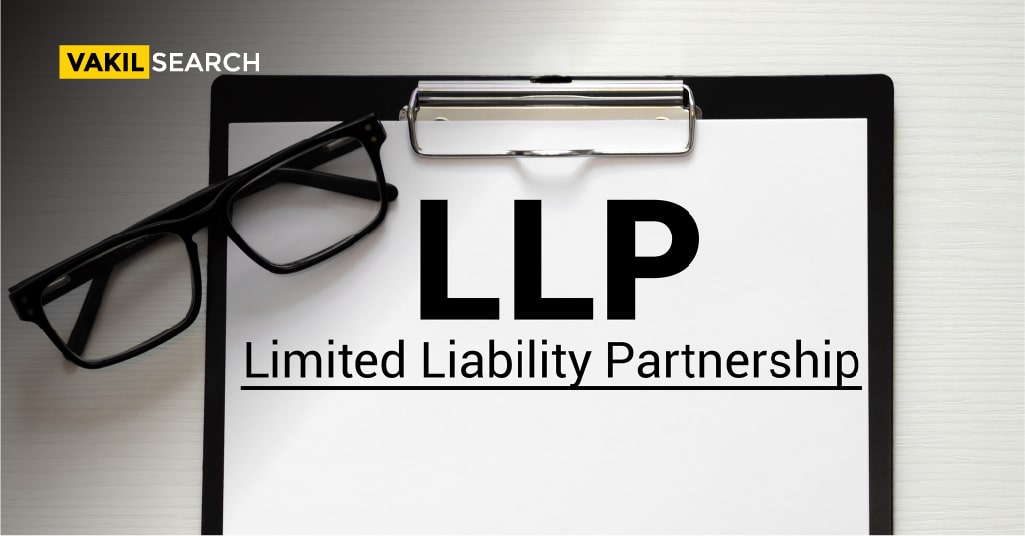There are many reasons why a defunct company may need to be closed and its affairs winding down. It could be that the business is unprofitable or there is an issue with the company’s structure or its legal documents. If you need help closing a defunct firm, we can help!
The process for the closure of a defunct LLP is complicated and far-reaching. Below we discuss what needs to be done and how to proceed.
Who Can Sign the Application for Closure of a Defunct LLP
The application for the closure of LLP must be signed by the designated partners with the assent of all partners. The chosen partners must also sign affidavits and indemnities as required by the LLP Rules
Do You Need Help to Closure of Defunct LLP? What to Do
If a company goes from being in business to being defunct, it will first need to be wound down. This can be a complex process that can take months or years. The general sequence for closing a company is as follows:
- Invite all existing partners and customers to become new customers
- Invite all of the current employees to become new employees
- Invite all of the owners to become new owners
- Invite all of the creditors to become creditors
- Finalise the company’s books and records.
How to Handle the Closing of a Deceased Company
The closing of a deceased company is often complicated by the fact that the owners are not involved in the closing process. It is the job of the remaining partners to close a Limited Liability Partnership the business and wind down its operations. This can be done on their behalf by an agent, or the partners themselves can complete the closing process. When closing a deceased company, you will need to coordinate the following steps:
- Determine which creditors are owed money by the company and who you will pay first
- Determine which owners are still owed money by the company and who you will pay first
- Determine the company’s assets and liabilities and pay out the proper amount
- Finalise the company’s books and records.
Why Is Closing a Company So Complicated?
When a company goes out of business, it is dissolved and its assets are distributed to its creditors. At this point, the company is no longer a legal entity. While the assets of the company will be distributed to its creditors, the company itself will not be dissolved.
As soon as a company goes out of business, its charter ends and a new set of documents must be created. These new documents include the name of the company, a new legal form, and a new logo. All of this must be done quickly because by the time the new company is formed and registered, the old company will have already been wound down and its assets distributed.
Closing a Company That Is Still Actively Trading
When a company goes out of business, it is dissolved and its assets are distributed to its creditors. At this point, the company is no longer a legal entity. While the assets of the company will be distributed to its creditors, the company itself will not be dissolved. As soon as a company goes out of business, its charter ends and a new set of documents must be created.
These new documents include the name of the company, a new legal form, and a new logo. All of this must be done quickly because by the time the new company is formed and registered, the old company will have already been wound down and its assets distributed.
Partnerships
A partnership is a business structure that is similar to an incorporated company but exists only at the partnership level. The partnership is owned by the partners, just as an incorporated company is owned by its shareholders. To become a partnership, a company must apply to the government for an incorporation. If granted permission, the company will then be able to simply close and dissolve itself and cease to exist.
Subsidiary
A subsidiary is a business branch that is owned and controlled by the parent company. When a parent company wants to purchase a business that has a subsidiary, it will first have to apply to the government for the authorisation to buy the subsidiary. If the subsidiary is allowed to continue to exist, however, the parent company will have to pay any statutory tax that the subsidiary might have owed the parent company.
Significant Consequences
Closing a company can have significant consequences. If a company is not wound down and does not file bankruptcy, it will cease to exist and its assets will be distributed to its creditors. The only people who will benefit from this are the banks that lent the company money. The company will go out of business and its assets will be distributed to its creditors. Some of the main consequences of closing a company include:
- The end of a company’s charter and beginning of a new company’s life
- The need to start fresh and create a new set of documents for the new company
- The need to hire staff and find a new name for the new company
- The need to keep track of who is owed what and what to do with it
- The need to make sure that all of the required documents are in place and that the company meets basic financial requirements to continue in business.
LP Closing – Requirements
Shutting down a Limited Liability Partnership (LLP) involves adhering to specific requirements. Let’s delve into the steps:
Analyzing the Eligibility of LLP for Closure
Before commencing the closure process, it’s vital to assess whether your LLP qualifies. Ensure that your LLP has fulfilled its obligations and liabilities.
Preparing Application and Required Documents
To begin the LLP closure procedure, compile the necessary documents. This includes drafting an application along with the essential paperwork to be submitted to the Registrar of Companies (ROC).
Filing Application with ROC – LLP Form 24
The Application for Closure of Defunct LLP is submitted to the ROC using LLP Form 24. This step is crucial for initiating the formal closure process.
Process for Closure of Defunct LLP
Step 1 – Closing Business Operations
For a smooth closure, wrap up the business activities of the LLP. It’s vital that the LLP has fully ceased its operations before proceeding.
Step 2 – Closing Bank Accounts
Ensure all bank accounts associated with the LLP are officially closed. This step is integral to the process.
Step 3 – Preparing Closing Statement of Accounts
Prior to the application, the LLP should prepare a Statement of Accounts reflecting its financial standing at the application date.
Step 4 – Application to ROC – LLP Form -24
The partners of the LLP must submit an application to the Registrar. This application should be accompanied by an indemnity and affidavit.
Benefits of Closing a Defunct LLP
Closing a defunct LLP offers several benefits. It frees partners from obligations and regulatory compliances, allowing them to move forward with new ventures.
Conclusion
Closing a company can be a time-consuming and complicated process. Even if there are no issues, it may be necessary to wind down a defunct firm to ensure that future operations remain 100% focused on serving current customers and existing partners in good-standing again. Vakilsearch experts can assist with everything from establishing, signing authorities to submitting returns and closing a business. Contact us now!
FAQs
How do I close a defunct LLP?
To close a defunct LLP, file an application with the Registrar, accompanied by consent from all partners, seeking the removal of the LLP's name from the register.
What does LLP status defunct mean?
An LLP is considered defunct when it is no longer engaged in active business operations.
What documents are required for LLP closure?
Required documents include the LLP Agreement, PAN of LLP, latest Income Tax Return (if any), Bank Account Closure Statement/Certificate, Statement of Accounts of LLP, PAN and Aadhaar of Partners, and Address Proof of Partners.
What happens if LLP is not closed?
Failing to close an LLP can lead to non-compliance, penalties, and legal complications. It's essential to properly conclude the affairs of the LLP to avoid such issues.
Also, Read:-










